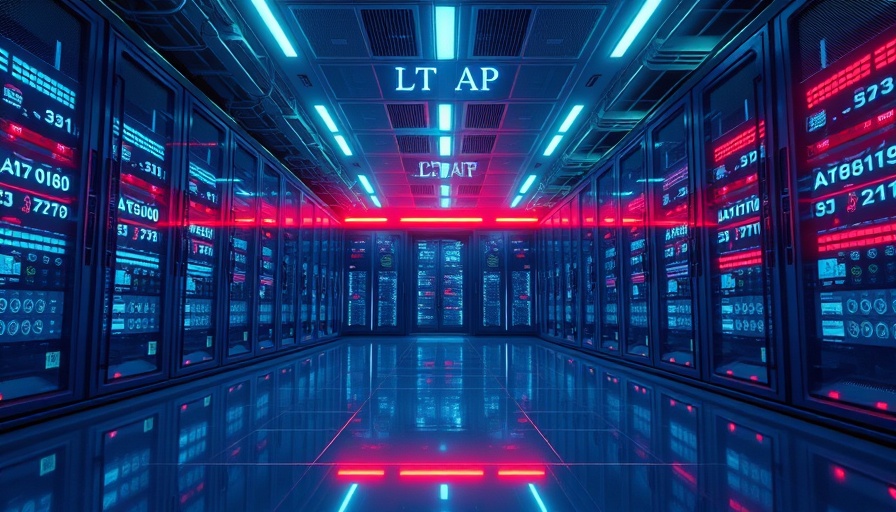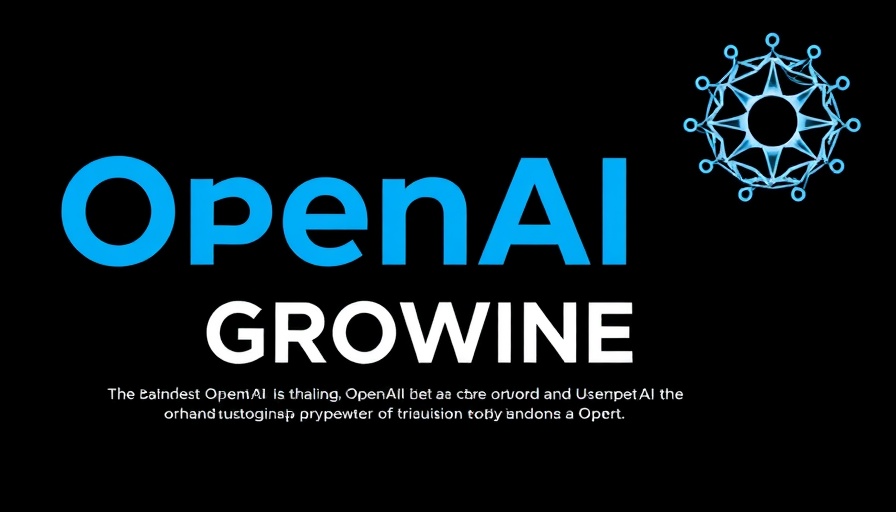
The Rise of AI Agents: A New Era in Technology
Everywhere you turn, artificial intelligence (AI) seems to be making headlines, particularly with the emergence of AI agents. 2025 is being touted as the "year of AI agents," but what does this really mean for us? The excitement often glosses over a crucial engineering hurdle: the seamless collaboration of these independent agents, which frequently operate in silos and lack the ability to communicate effectively.
Collaborative Solutions: The Agent2Agent (A2A) Protocol
The Agent2Agent (A2A) Protocol seeks to bridge the gaps inherent in multi-agent systems. Its primary goal is to enable different agents—created by various teams with diverse technologies—to interact without exposing their internal mechanics. By establishing a common language, A2A aims to solve daunting questions that arise when trying to integrate different AI applications.
Understanding the Importance of Inter-Agent Communication
Imagine an organization where one team has built an AI for accounting, another for logistics, and a personal assistant AI is needed to manage bookings. Without an effective means for these agents to communicate, they become isolated, leading to inefficiencies reminiscent of the biblical Tower of Babel. A2A Protocol’s vision is to create a structured framework, enabling agents to discover capabilities and negotiate interactions, thereby facilitating smoother collaborations.
Future Implications: What Lies Ahead?
As companies increasingly rely on AI agents for various tasks—from customer support to supply chain management—the need for standardized communication systems becomes paramount. The A2A Protocol not only addresses current challenges but also holds the potential to drive innovation in multiple sectors by unlocking collaborative efficiencies.
In light of these developments, it's exciting to contemplate how this protocol might evolve. Could we eventually see a landscape where AI agents work cohesively across businesses, enhancing overall productivity and driving transformational growth? The future of AI may depend significantly on how effectively we can overcome the barriers to agent collaboration.
 Add Row
Add Row  Add Element
Add Element 



Write A Comment